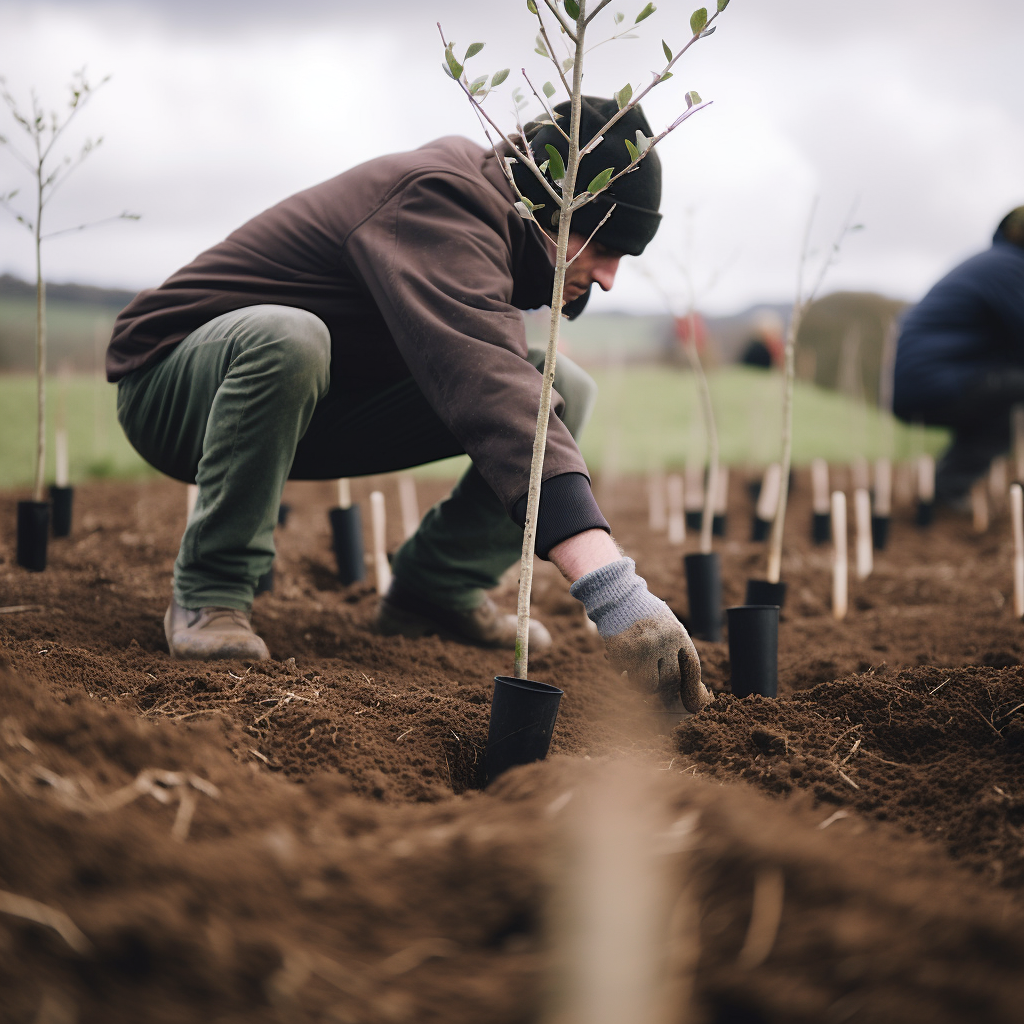July 25, 2024
Balancing Natural Regeneration and Tree Planting in Climate Action
Book a Demo
A recent study conducted by a team including a scientist from Oregon State University has put forward a new perspective on using trees to combat climate change. The study suggests that the process requires more than just mass planting, emphasizing the importance of natural forest regeneration alongside tree planting efforts.
The research, published in the prestigious Nature Climate Change journal, delved into the cost-effectiveness of both these methods. It was found that in about half the cases, natural forest regeneration is more cost-effective than tree planting. This suggests that a combined approach using both natural regeneration and tree planting could be more effective than using either method individually.
The cost-effectiveness of natural regeneration versus planting varies significantly depending on the region. This is due to various factors such as opportunity cost, carbon accumulation, harvest rates, and implementation costs.
Throughout the 30-year period of the study, natural regeneration was proven to be the most cost-effective method for 46% of the areas studied, while planting was most cost-effective for 54%. The study identified specific regions where one method was more cost-effective than the other. For instance, natural regeneration was found to be more cost-effective in western Mexico, the Andean region, the Southern Cone of South America, West and Central Africa, India, Southern China, Malaysia, and Indonesia. Contrarily, tree planting was more cost-effective in the Caribbean, Central America, Brazil, northern China, mainland Southeast Asia, the Philippines, and North, East, and Southern Africa.
However, the researchers stress that reforestation efforts should be seen as a complement to, rather than a replacement for, efforts to reduce fossil fuel emissions. They believe that reforestation has more potential for low-cost climate abatement than previously estimated. Still, they also emphasize the importance of considering factors beyond carbon sequestration in reforestation efforts. These include aspects such as biodiversity and local livelihoods, stressing the importance of a holistic approach to climate change mitigation.
The study provides a fresh perspective on the use of trees in the fight against climate change. It underscores the importance of a balanced approach, combining natural regeneration with tree planting and emphasizing the need to consider more than just carbon sequestration in reforestation efforts.
Science4Data is committed to cut through greenwashing and measure real impact. Join the journey to a sustainable future. Your actions matter.



